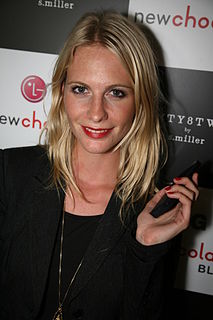A Quote by Nancy Springer
I hope that the kind reader recognises this as a despairing attempt at humour.
Related Quotes
It was not possible for us to produce the same optimism and the same kind of humour or irony. Actually, it was not irony. Lichtenstein is not ironic but he does have a special kind of humour. That's how I could describe it: humour and optimism. For Polke and me, everything was more fragmented. But how it was broken up is hard to describe.
Every reader, as he reads, is actually the reader of himself. The writer's work is only a kind of optical instrument he provides the reader so he can discern what he might never have seen in himself without this book. The reader's recognition in himself of what the book says is the proof of the book's truth.
































